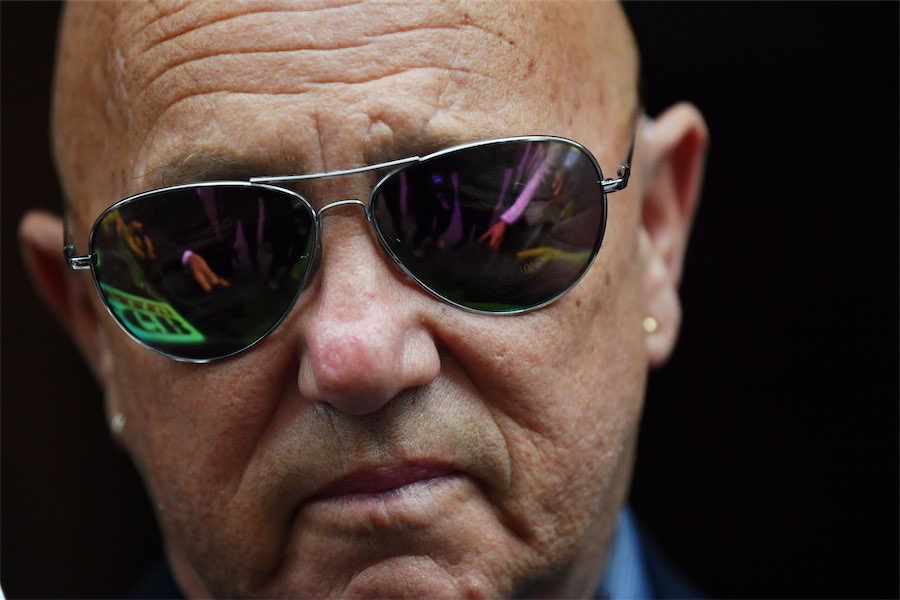
By Rudi Maxwell and Paul Osborne in Canberra
JOHN Farnham may be the voice behind the “Yes” campaign but another Aussie music legend thinks the “No” case is bound for glory.
Rose Tattoo frontman Angry Anderson has taken to social media to throw his weight behind the case against enshrining a Voice for Aboriginal and Torres Strait Islanders in the constitution.
Anderson, a former conservative federal election candidate, said his support for Aboriginal people went back decades and “should not ever be in question”.
However, he was concerned the bureaucracy set up to support Indigenous Australians had become “an ineffectual giant, a toothless tiger, a bottomless pit, into which so many of our tax dollars are yearly poured to little effect”.
“It would seem that very few of our dollars are reaching those most in need… but again, according to those within the (bureaucracy) … it, somehow, is our fault and it can only be fixed if a ‘yes’ result is achieved with the coming referendum,” he posted.
“Well, let me state clearly I don’t believe them! So it’s a NO from me!”
Anderson said he was personally committed to improving the lives of indigenous Australians who were “seemingly forgotten”.
“I have personally offered my allegiance to (prominent coalition senator and “No” campaigner) Jacinta (Nampijinpa Price) and to any others, like her, that will truly work towards bettering the lives of our most neglected Brothers and Sisters.”
Liberal frontbencher Simon Birmingham said whatever the outcome of the referendum, the government needed to have practical plans to address “fundamental problems” in indigenous communities, including drug and alcohol abuse and unemployment.
“We need to make sure we have a positive narrative for the future,” he told Sky News on Tuesday.
Meanwhile, architects of the Uluru Statement from the Heart are holding a series of public discussions to help voters in the lead-up to the October 14 referendum.
Alyawarre woman Pat Anderson and Cobble Cobble woman Megan Davis will visit a series of cities to talk about the history of the Uluru Statement and origins of the Voice proposal.
“There’s a lot at issue here and so we need to approach this with some joy, but also with consideration and understanding so we all know what it’s about and what we’re doing,” Ms Anderson told AAP.
“We’re hoping to cut through the noise and let people ask what they need so we can blow away the cobwebs and do it with a good heart.”
Ms Anderson said more than 40 “yes” marches over the weekend demonstrated what the Uluru Statement from the Heart is about: an invitation to the Australian people from First Nations people to walk with them for a better shared future.
“Ordinary Aussies showed their solidarity with us, which is what people said at the regional dialogues,” she said.
“That’s why the Uluru Statement from the Heart was gifted to the Australian people – because, as participants said at the regional dialogues: ‘They helped us in ’67, so we’ll ask them, and they’re going to help us again’.”
The voting roll for the referendum closed on Monday night.
Remote voting opens on September 25.
Who can be trusted?
In a world of spin and confusion, there’s never been a more important time to support independent journalism in Canberra.
If you trust our work online and want to enforce the power of independent voices, I invite you to make a small contribution.
Every dollar of support is invested back into our journalism to help keep citynews.com.au strong and free.
Thank you,
Ian Meikle, editor

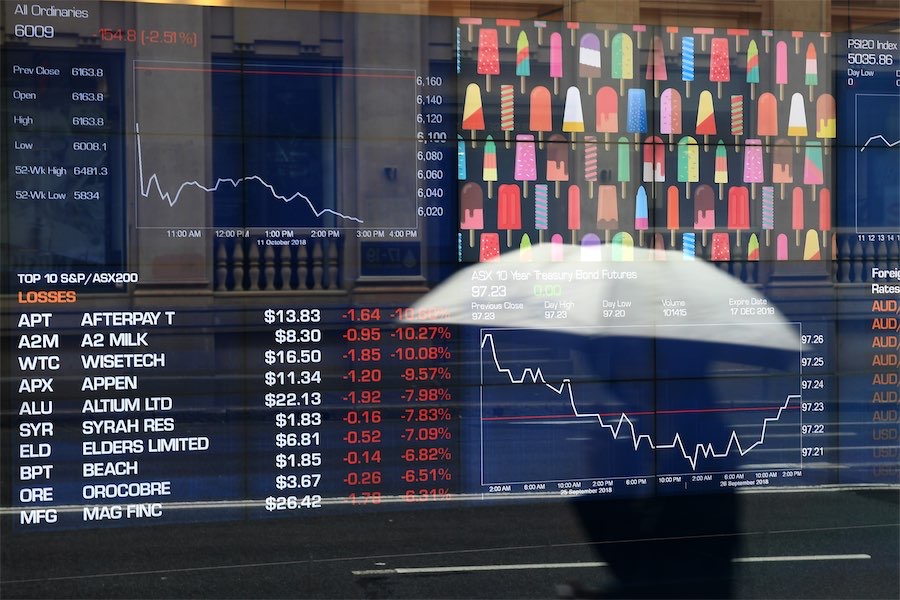

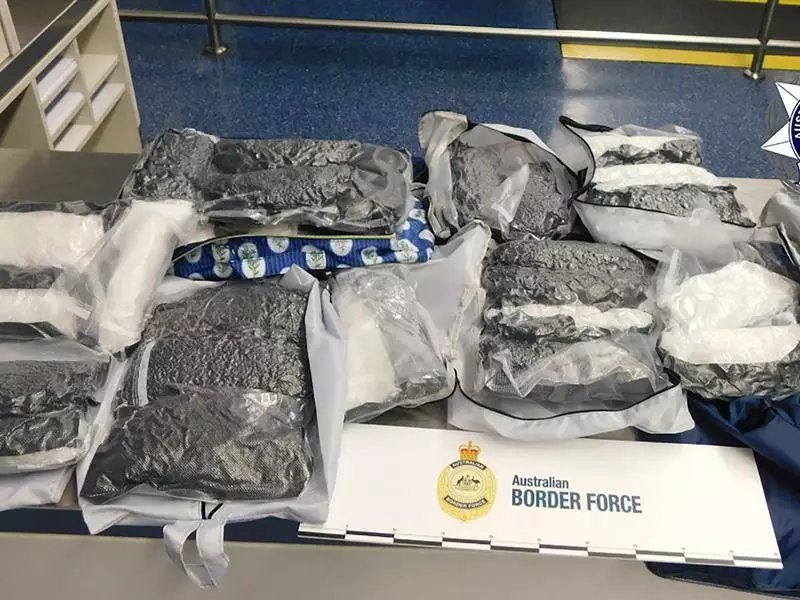
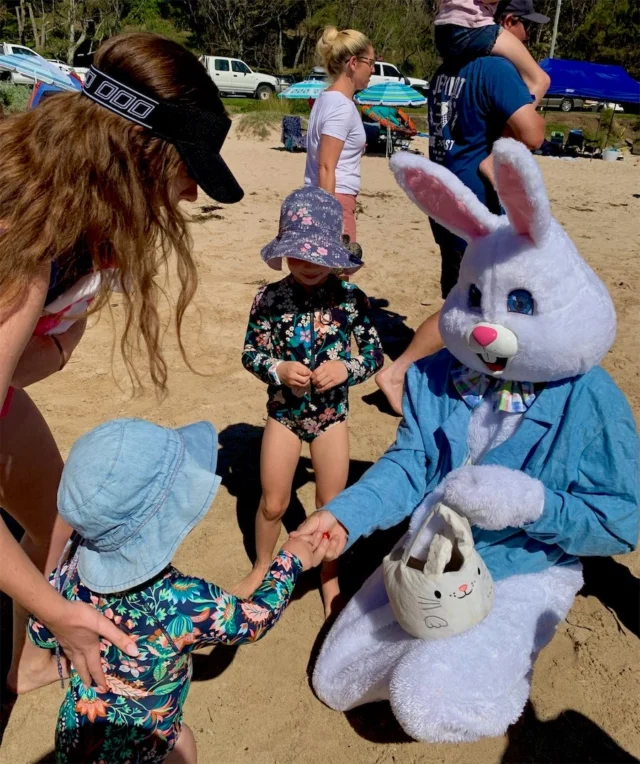
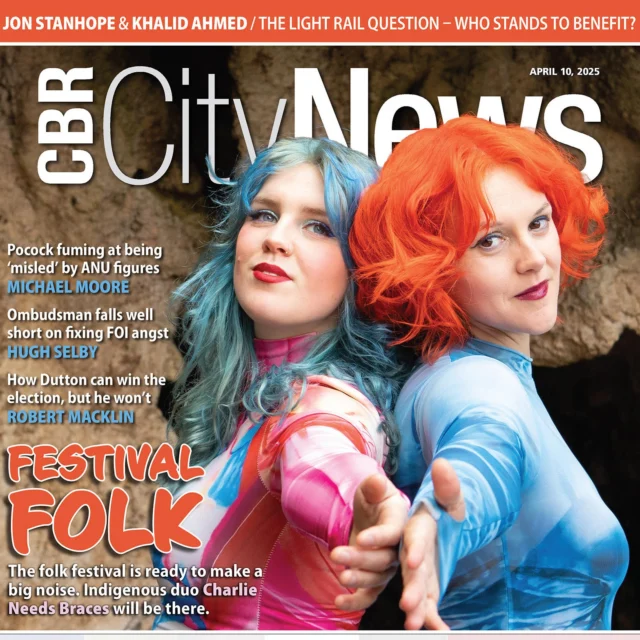
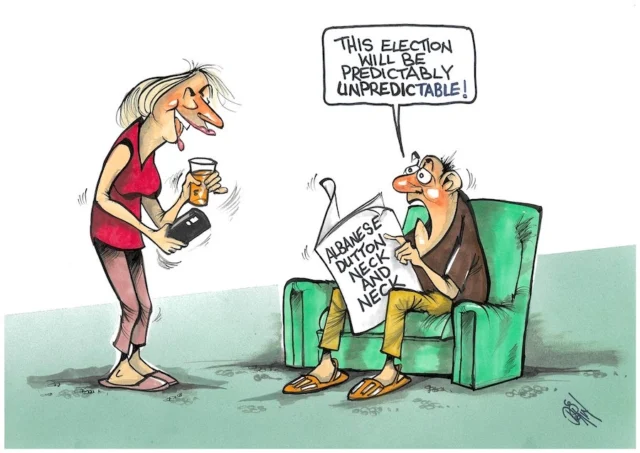
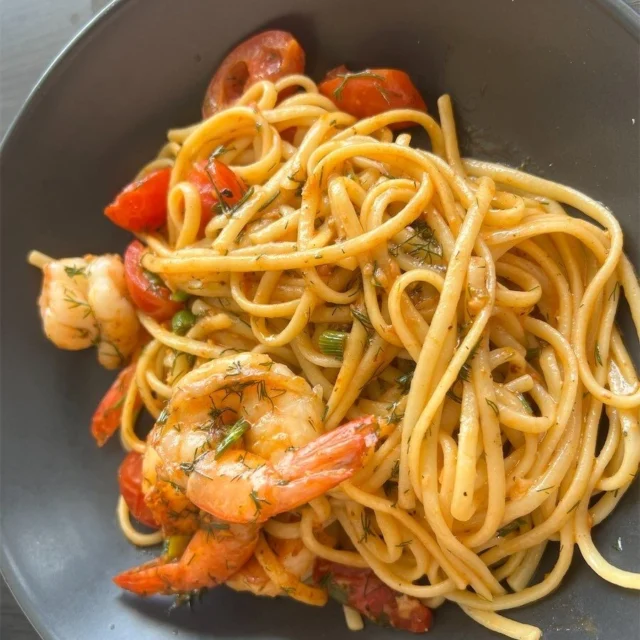
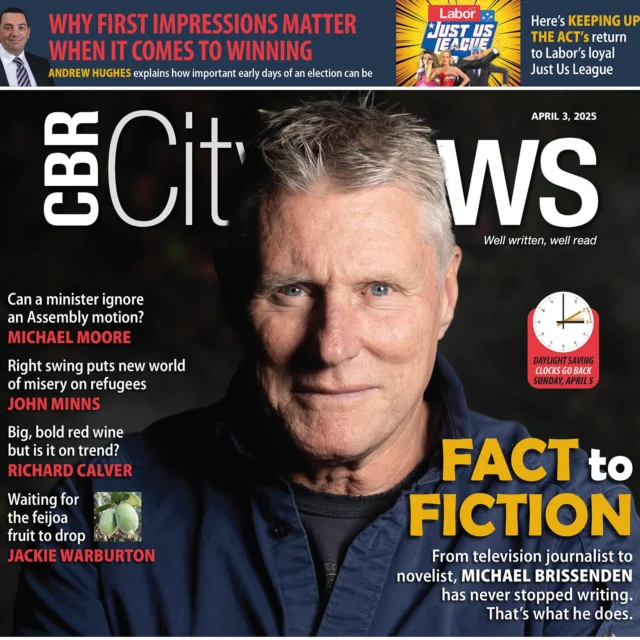
Leave a Reply